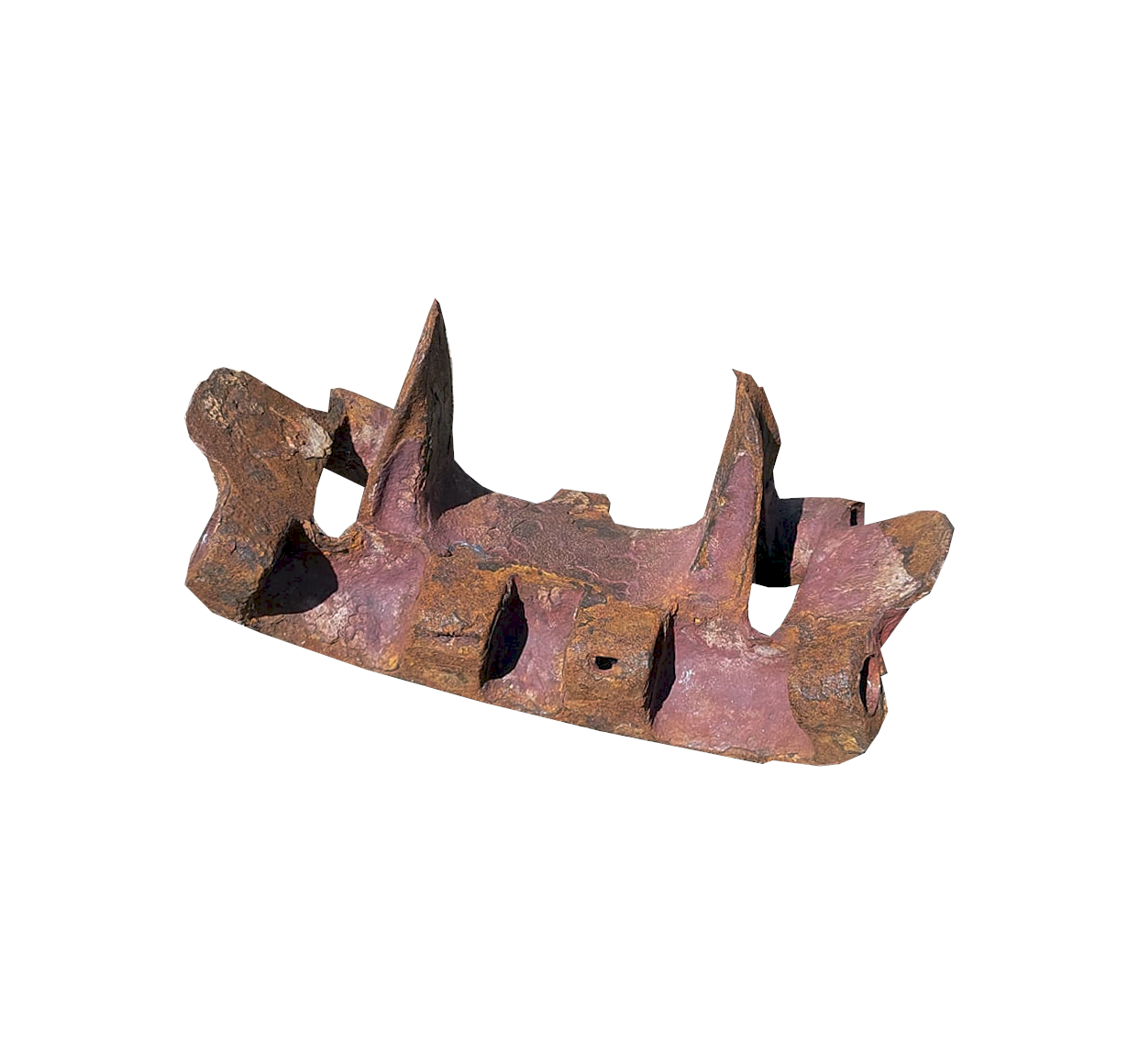
© IWM O 835
The Battle of Arras took place on May 21st 1940. Following the successful Blitzkrieg offensive under the code name of Fall Gelb (Yellow Case), which had begun on May 10th . The Allies had responded exactly as anticipated and placed the majority of their forces to counter what would prove to be no more than a decoy; what they believed was the main advance through The Netherlands and Belgium, but the main attack was spearheaded through the Ardennes, breaking through at Sedan and pushing on towards the Channel along the Somme valley. This threw Allied command into a frenzy of poorly co-ordinated counter-offensives which failed to halt the advance of the Panzers.
The Battle of Arras was a planned offensive, designed to relive pressure on the garrison in the town. Ultimately it failed due to a lack of support in the south by French forces, although it was originally planned as a limited action and if it anything, it merely exposed the complete lack of co-ordinated communications in the French military, rather than any lack of willingness to fight. The offensive was in many ways also doomed from the beginning, due to the limited number of troops available, combined with the over-cautious commanders on the ground, who failed to press home initial advances for fear of being encircled. On the face of it, this could well have been just another failed counter-attack of the ensuing larger conflict. However, it dealt a psychological blow to the German High Command, who were spooked by the near ease of the attack on their armour, which was thinly protected by Infantry due to the speed of the overall advance. This, and the relatively narrow corridoor of advance left the German forces particularly vulnerable to any co-ordinated attack in strength into the side of the advancing spearhead.
Ultimately, the events at Arras would lead directly to the infamous stop order being given, which allowed the remaining elements of the German infantry to catch up with the front of the column. The temporary cessation was welcomed by the Allies, who used the time to bolster the defences around Dunkirk, thus providing the relatively safe haven which would enable the eventual evacuation from the port and beaches to the north of the town.

Single track link from a German Panzerkampfwagen 38(t) which was destroyed in The Battle of Arras. The track is deformed from a large explosion which destroyed the tank.
Back
